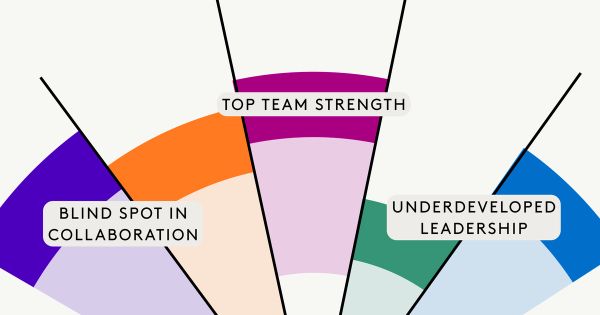What does the world really need from employees?

Between learning and working, we keep missing the balance between what is required of people and what they have to offer. But the answer is simple.
For over 20 years, the activities that developed character qualities and soft skills have been eviscerated from state education. Now, employers are complaining about the lack of human skills in new recruits. People are coming into work with an array of certificates, diplomas and exceptional technical abilities. Yet, they lack the personal skills that enable them to articulate their knowledge, adapt to dynamic environments or fit in the organisational culture.
Technological evolution and globalisation have been having a massive impact on people and the workplace. As a result, students, apprentices and professionals have been focused on STEM and technical skills to respond to what they predict to be the future of work. Meanwhile, the demand for character competencies has enormously increased, with most new jobs requiring human competence. People must perform functions that can’t be automated, and work within more diverse and multi-functional teams than ever.
On the one hand, our education and training systems are force-feeding workforces with hard skills. On the other, we are all requiring them to be more human, less machine. It became clear that there is no point in knowing all the necessary procedures to be a nurse if human qualities like empathy and kindness are missing. Or to have the perfect command of project management tools and methods without being efficient, organised and collaborative.
The wake-up call
With the pandemic plunging the global economy towards what the IMF predicted to be its most profound decline since the Great Depression of the 1930s, a big wake-up call arises. The steep rise of unemployment, the competition for jobs vastly increasing, people being affected to the core – physically and mentally – and a collective burnout effect on the back of confinement and the reality blend between home, work and life.
Reskilling and upskilling seem to be the only answer in this new normal; either to enter the world of work or to respond to workplace demands. It just so happens that upskilling and reskilling alone is not enough to keep up with the pace of change. Nor is it sustainable for the millions of people trying to juggle life, work and learning and still have some spare time for family, friends, and themselves. We must completely renew the toolkit.
Employers need people who can adapt and perform in a working reality that has changed – and could change again at any moment. And people need a sustainable way to keep up with how the world evolves around them, while tackling their own personal challenges.
A gap to fill
The focus over the last two decades has been on ‘what to do’. This almost obsessive focus to keep up with the latest demands has sent us all into a hamster wheel, pursuing more and more technical skills and qualifications. The problem happens to be that the demand is beyond technical, beyond ‘what to do’ but instead on behaviours. And teaching those behaviours is not in the programme any more. Young people are not being provided with the knowledge of ‘who they are and how they need to be’ in the work reality – or any reality.
We lack knowledge on what matters: character competence. That’s why we are facing the greatest soft skills gap of all times. To fill this gap, we can either invest in highly-priced coaching and mentoring programmes; or be overwhelmed by more learning and development resources than ever before, ranging from credible to questionable.
People are willing to evolve, but they are missing a guiding system that is equally relevant for their specific needs, their unique character and the challenges they face.
A simple answer to a complex problem
Performance, accomplishment and fulfilment, in any circumstance, come down to character competence. To who people are as human beings and how they express who they are in context. It’s all about deploying the right set of character qualities into the behaviours that most count in each moment – even in the face of constant change. Whether that’s at work, in the community or personal life. These abilities not only make us all more valuable in the job market and more successful professionals, but also more purposeful individuals. The solution could only be, then, to be able to take these innate qualities – the make-up of our potential as human beings – and channel them into the human skills that are being demanded and that do make a difference.
What is needed is a development approach that breaks the clutter of information; that bridges the gap between the everchanging demands of reality and the dynamic potential of people to adapt, evolve and thrive.
This approach is a simple proposition. To break down the most in-demand human competencies into one insightful, actionable path through the maze. By focusing on character qualities, people can develop valued competencies, acquire new soft skills, and improve their existing skills – in one solution. Here is where the concept of character-based development comes in as an answer. To help people develop what they truly need to
fit their goals and challenges. And ultimately, to harness their innate potential to become the best version of themselves – at work and in all areas of life.
You may also like

Summer Break: A Guide for Graduates

